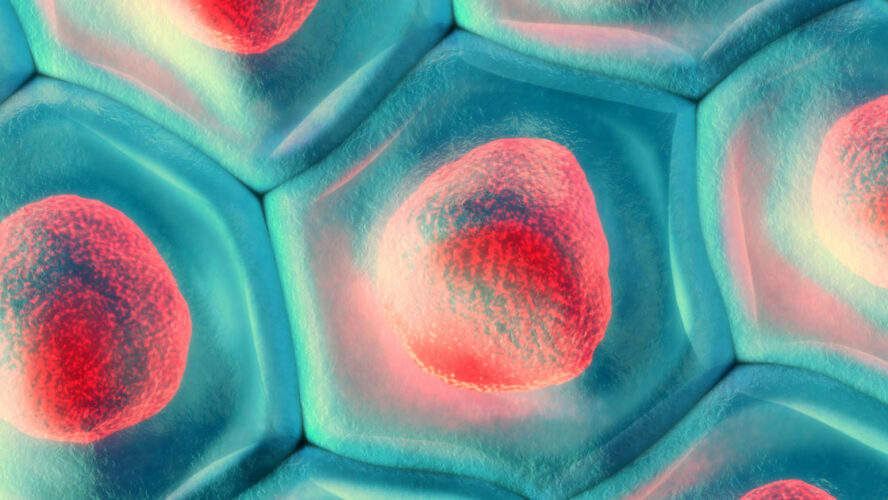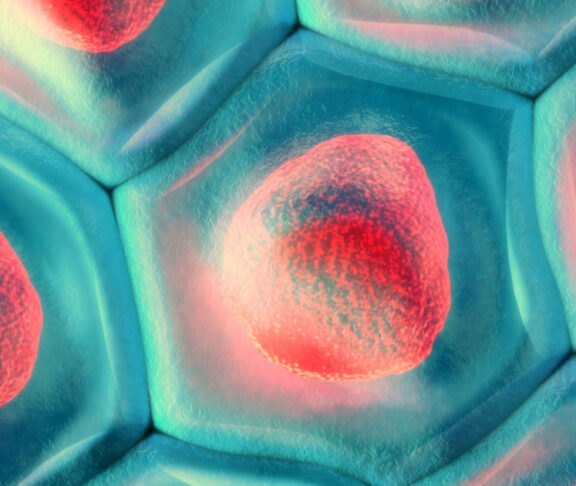
Nick Meade
Director of Policy, Genetic Alliance UK
Find insights into UK rare conditions: explore prevalence, challenges and opportunities with crucial data and analysis on the Rare Disease Day report.
Around 3.5 million people are affected by rare conditions in the UK, and it is estimated that there are over 7,000 rare diseases, with new conditions regularly identified through scientific progress. However, it is hard to find data that breaks down this number in a usable way. Which are the most prevalent? Are we serving the individual populations fairly? Our small research study aims to answer these questions.
Rare condition database analysis
Our download from the European rare condition database Orphanet contained 163 of the most prevalent rare conditions. Research suggests that these conditions account for around 80% of everyone living with a rare condition. We aim to examine how well the UK serves this population, as a first step to examining all rare conditions.
Challenges in rare condition diversity
Our first surprise was how hard it can be to find information about certain services for rare conditions. Some specialised services are named for the condition they cover, like cystic fibrosis, but most others require specialist knowledge both about the condition and how health services are organised to understand who is responsible for care.
Some of the eye conditions, like Stargardt disease, are not listed by name but included as ‘ocular genetic disorders.’ This poses a challenge for self-advocacy within the NHS — a challenge that would be mitigated by an atlas of rare conditions.
We were not expecting the breakdown of rare conditions that we found. ‘Conventional’ rare conditions made up a majority of the conditions, both genetic and non-genetic rare conditions. However, we also found complications of surgery and rare symptoms of other conditions included as conditions in their own right.
Our first surprise was how hard it
can be to find information about
certain services for rare conditions.
Opportunities in rare condition management
These findings offer new opportunities in how we arrange our services, how we disseminate information about very rare conditions and how we might be able to diagnose conditions based on prior medical history. This is just a snapshot of the opportunities that we might be able to access if there is a thorough examination of the rare condition population in the UK.
Collectively rare conditions are a serious health challenge to the NHS, but specifically, there is a lot we don’t know about many of the biggest rare condition health challenges we face. Systematic examination of the prevalence of rare conditions in the UK will provide many more opportunities for progress.
Read our Rare Disease Day report for more: geneticalliance.org.uk


